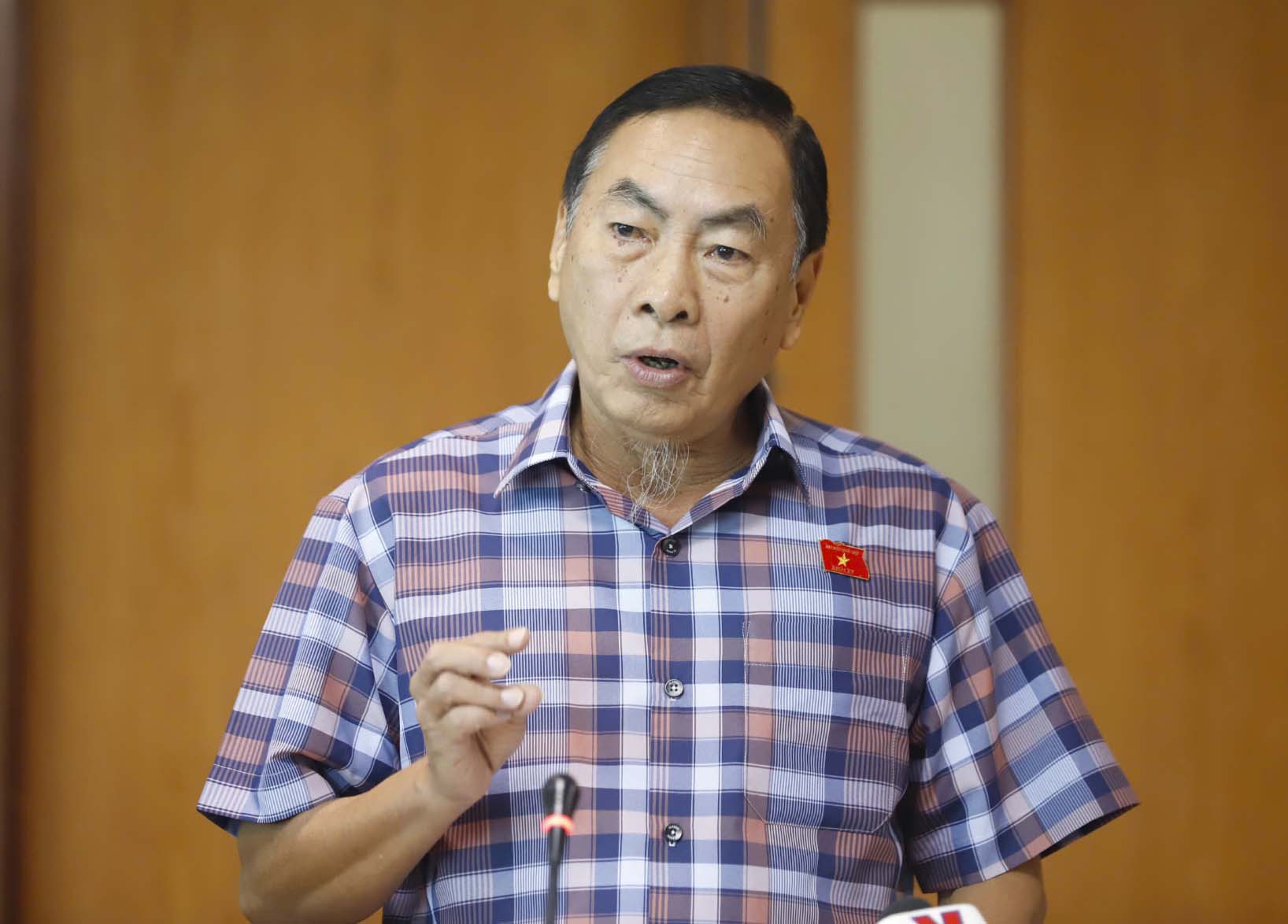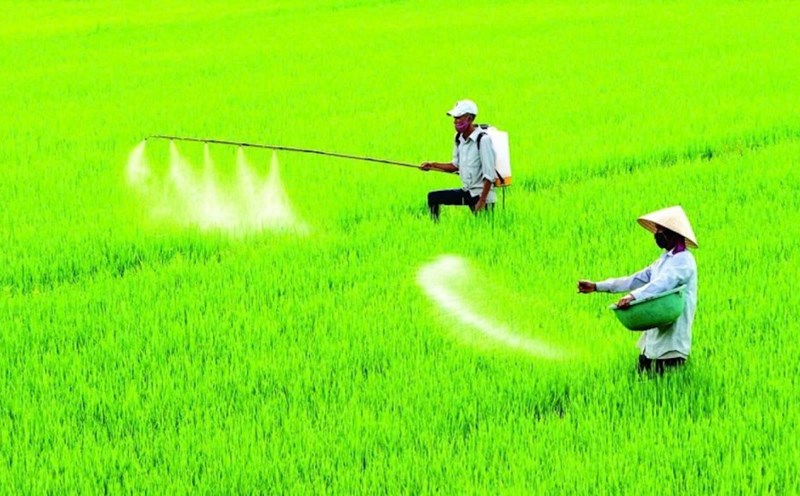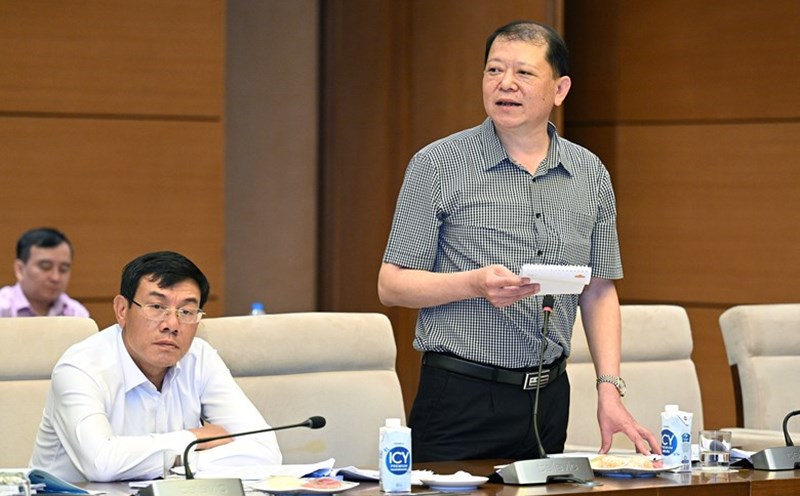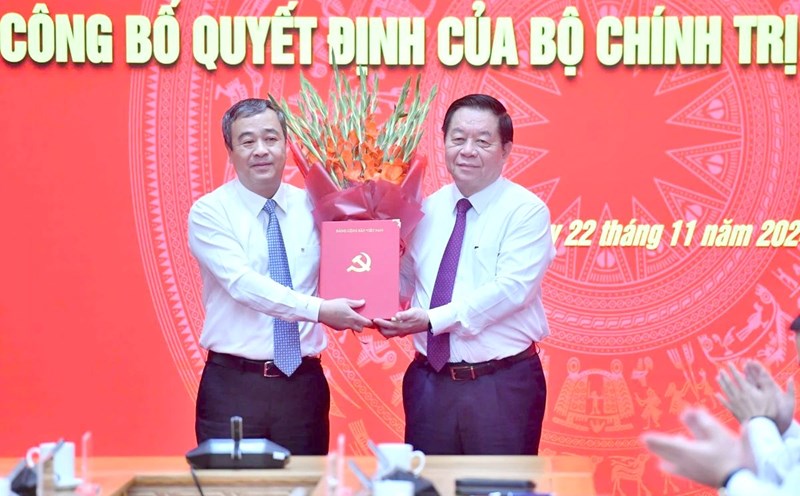According to the program of the 8th Session, on November 26, the National Assembly will vote to pass the amended Law on Value Added Tax (VAT). One of the contents that has received much attention is the proposal to impose tax on fertilizers and if so, at what rate.
Many opinions say that this regulation will have an impact on the fertilizer market, fertilizer production and trading enterprises and especially farmers - those who use this product.
Agricultural expert Hoang Trong Thuy said that before 2014, there was a 5% tax on fertilizers. In January 2015, when the tax on fertilizers was reduced to 0%, farmers were happy and agriculture grew.
However, later, when the agricultural market encountered some problems, businesses encountered difficulties, many businesses struggled, and there were also places that produced poor quality fertilizers.
In addition, at this time, there are newly established enterprises trading VAT invoices, making the fertilizer market very complicated. "Regarding the imposition of VAT on fertilizers, in my opinion, it must be regulated again, and at the same time, the state needs to stabilize prices. If we want businesses to develop sustainably, the state's regulation must be large enough and sustainable" - agricultural expert Hoang Trong Thuy said, and believed that the imposition of VAT must satisfy the conditions and the state must commit to price stabilization.
At the seminar “VAT on fertilizers – For the benefit of farmers and the development of the domestic fertilizer industry” organized by Dan Viet electronic newspaper on the morning of November 10, National Assembly delegate Pham Van Hoa – Member of the National Assembly’s Law Committee – said that previously, some opinions said that if a 5% tax rate was applied to fertilizers, farmers would be disadvantaged.
However, through the explanation of the National Assembly Standing Committee, this delegate found that the VAT on fertilizers was amended in 2014 and changed from being subject to a 5% tax rate to being tax-free. This policy has caused great impacts and disadvantages for domestic fertilizer production enterprises over the past time.
Because the input VAT of these enterprises is not deductible, it must be accounted for in costs, including input tax. It has a huge impact on investment and purchasing fixed products, causing the cost of domestic products to increase, making it impossible to compete with imported goods, making it unfair to domestically produced fertilizer products.

"My point of view is to agree with the explanation of the National Assembly Standing Committee. That is, a 5% VAT rate must be applied to the fertilizer industry. Fertilizer is currently a commodity subject to price stabilization. The State will regulate to ensure that fertilizer prices do not increase" - delegate Hoa expressed his point of view.
Also on this issue, Ms. Nguyen Thi Lan Huong - Chief Expert of the Policy Department of the General Department of Taxation - said that changing fertilizer (input for agricultural production) to be subject to 5% VAT will contribute to creating favorable conditions for the domestic manufacturing industry in the context of competition with imported goods.
Fertilizer manufacturing enterprises will be refunded tax because output VAT (5%) is lower than input VAT (10%), manufacturing enterprises will have room to reduce selling prices if the market prices of fertilizers and input materials do not change.











